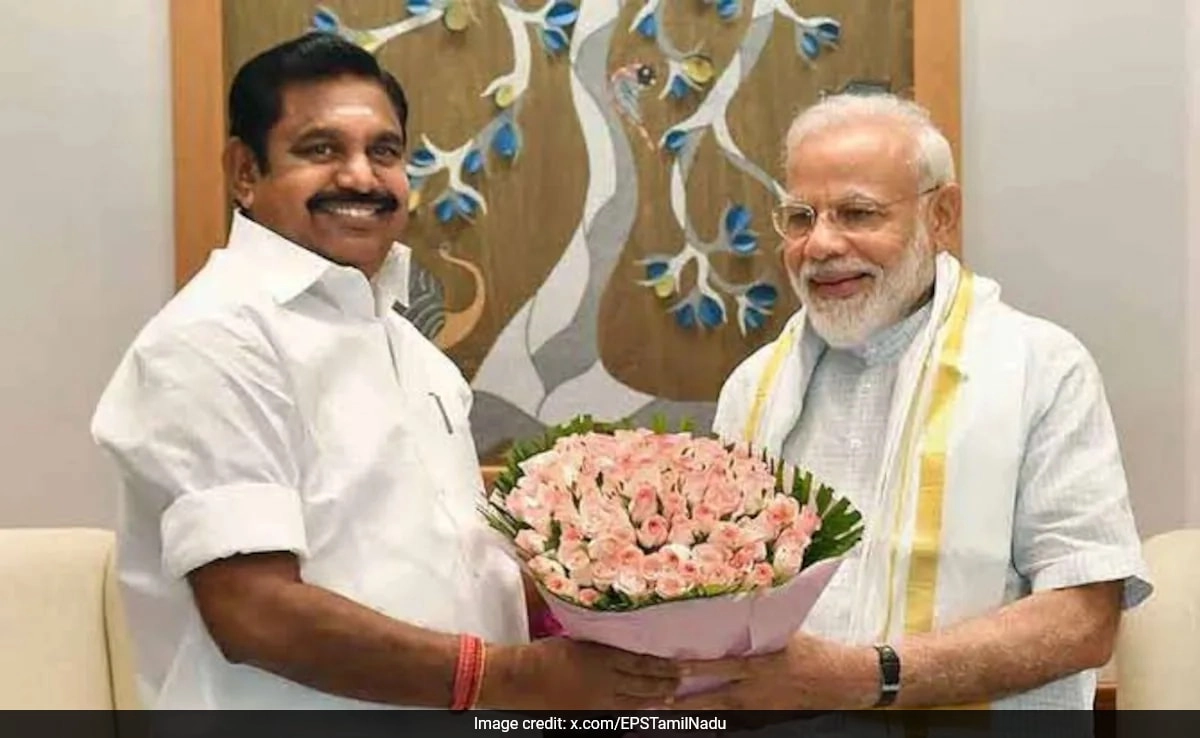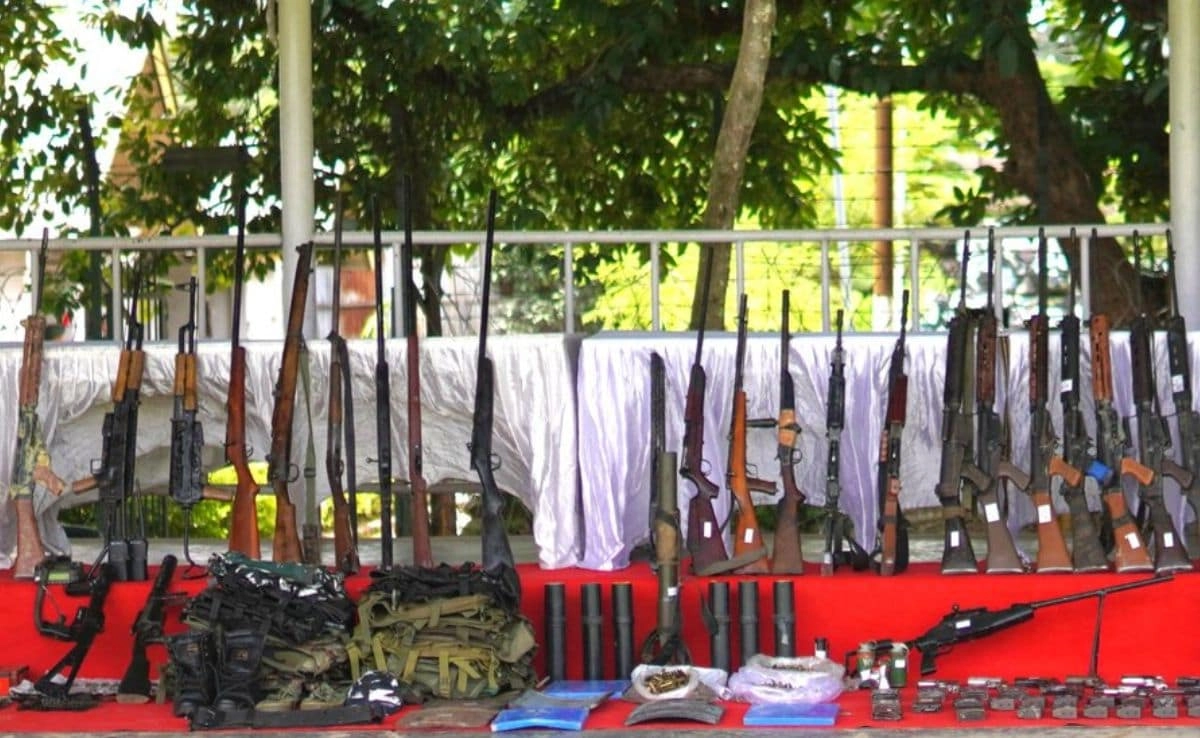On a significant day in Trichy, the EPS faction of the AIADMK extended a warm welcome to Prime Minister Narendra Modi, marking an important moment in the evolving political landscape of Tamil Nadu. This visit comes at a time when the BJP-AIADMK alliance is undergoing a re-evaluation, signaling a potential shift in political strategies as both parties seek to consolidate their positions ahead of upcoming elections. The reception of PM Modi by the EPS faction reflects their commitment to reinforcing the alliance, which has been a crucial factor in Tamil Nadu’s political dynamics.
During his visit, the EPS-led AIADMK took the opportunity to convey key demands to PM Modi, emphasizing issues that resonate with the local electorate. Among the highlighted concerns were calls for increased central support for various developmental projects in Tamil Nadu, particularly in infrastructure and social welfare sectors. The party leaders articulated the need for the central government to address regional disparities and ensure that the state’s interests are adequately represented in national policies. This move not only underscores the AIADMK’s intent to strengthen its bargaining position within the alliance but also aims to reassure its voter base of their commitment to regional development.
The timing of PM Modi’s visit and the subsequent demands from the EPS faction comes against the backdrop of a shifting political environment in Tamil Nadu. The BJP and AIADMK alliance, while historically significant, has faced challenges in recent years, including internal disagreements and shifting voter sentiments. By welcoming PM Modi and actively engaging with him on pressing issues, the EPS faction aims to not only solidify their alliance but also to rejuvenate their political fortunes in the state. The interaction serves as a reminder of the intricate relationship between local and national politics, and how alliances can be pivotal in shaping electoral outcomes in Tamil Nadu.
As the political landscape continues to evolve, the EPS faction’s proactive approach in engaging with the central leadership highlights their strategic foresight. The demands put forth during PM Modi’s visit will likely play a crucial role in shaping the future trajectory of the alliance, as both parties will need to navigate the complexities of regional aspirations alongside national interests. Ultimately, the success of the BJP-AIADMK alliance will depend on their ability to address the concerns of the electorate while maintaining a cohesive partnership that can withstand the challenges posed by rival parties in the region.




